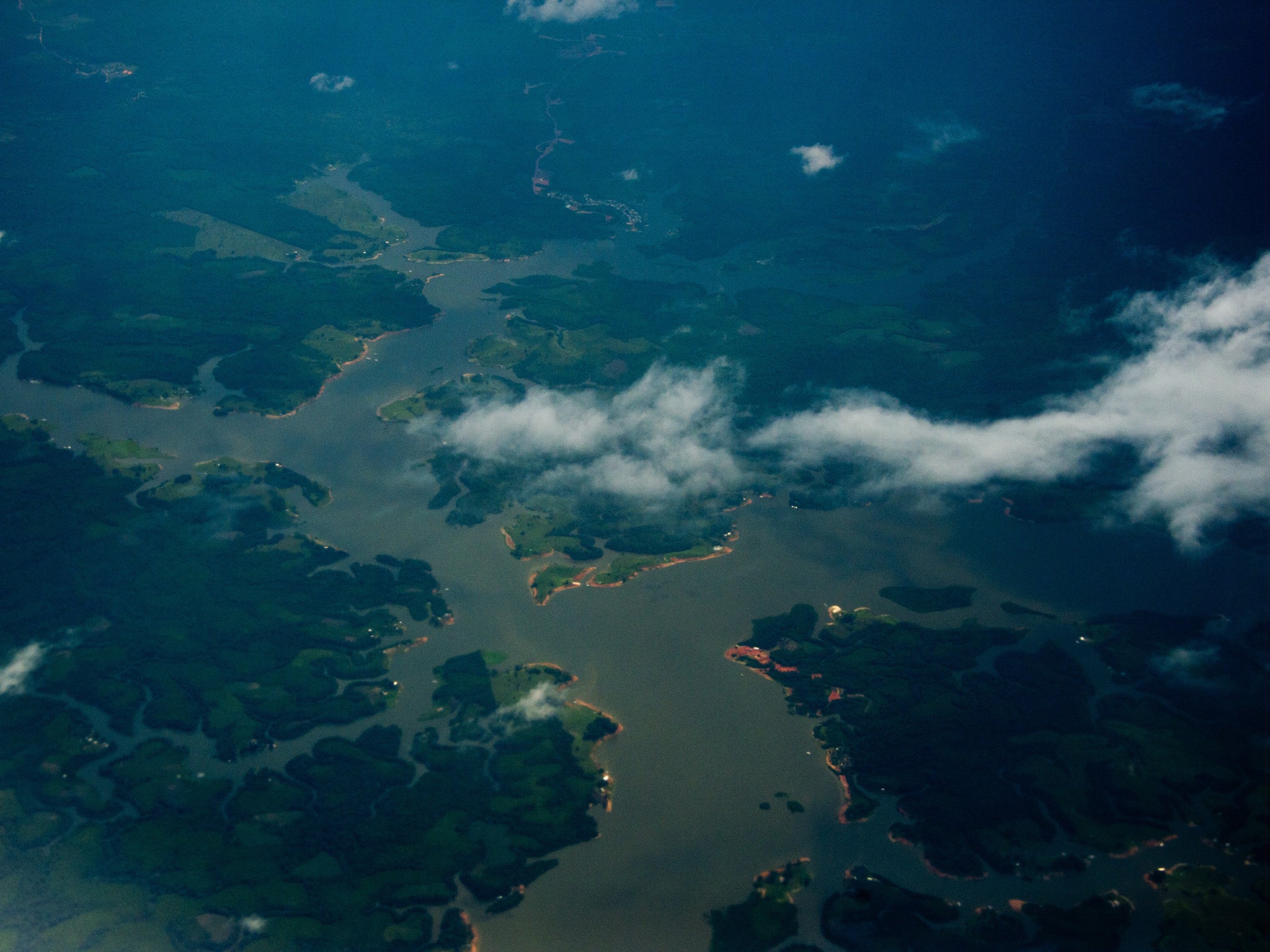As the President of Brazil, I know only too well that we must tackle climate change to ensure water sustainability
The 8th World Water Forum takes place in Brasilia this week

Your support helps us to tell the story
From reproductive rights to climate change to Big Tech, The Independent is on the ground when the story is developing. Whether it's investigating the financials of Elon Musk's pro-Trump PAC or producing our latest documentary, 'The A Word', which shines a light on the American women fighting for reproductive rights, we know how important it is to parse out the facts from the messaging.
At such a critical moment in US history, we need reporters on the ground. Your donation allows us to keep sending journalists to speak to both sides of the story.
The Independent is trusted by Americans across the entire political spectrum. And unlike many other quality news outlets, we choose not to lock Americans out of our reporting and analysis with paywalls. We believe quality journalism should be available to everyone, paid for by those who can afford it.
Your support makes all the difference.Access to drinking water and basic sanitation is a right and one of the sustainable development goals of the United Nations. It is a condition for human life.
However, up to two billion people on the planet do not have access to a safe source of water at home, and up to 2.3 billion people suffer from lack of sanitation. Approximately 260 million people – more than the entire population of Brazil – must walk more than 30 minutes to gather water. Guaranteeing access to water is one of the main challenges of our time.
Brazil has 12 per cent of the planet’s fresh water – but, despite this fact, we are not immune to water-related problems. Major cities in Brazil have been enduring water shortages. An unacceptable sanitation deficit persists, and the suffering caused by drought to the people of Brazil’s North-east region is a well-known fact.
The search for answers to such urgent issues has led us to host the 8th World Water Forum in Brasilia this week. The forum is gathering more than 40,000 participants from over 160 countries. We welcome heads of state and government, state governors, mayors, members of congress, judges, representatives of international organisations and academia, the private sector, and civil society. Such diversity of participants enriches the forum.
The choice of Brazil to host one of the most important global events on water resources is no surprise. We have long been committed to this matter on the international stage. We hosted the Rio 92 and the Rio+20 conferences, in which the close link between water sustainability and development were recognised. More recently, we were among the first countries to ratify the Paris Agreement, which deals with one of the main threats to the right of access to water: climate change.
This traditional protagonism on the world stage is anchored in solid measures on the domestic side. Brazil knows that water and sanitation are synonymous with environmental preservation, and we made water security a pillar of our environmental policies. To preserve our waterways, we implemented the River Planting programme, which uses digital tools to protect our springs and permanent preservation areas.
We have also made significant progress towards protecting our forests. We have increased our forest conservation areas. We reversed the deforestation curve in the Amazon that we found to be on the rise, and we are about to create two vast marine biodiversity conservation areas. By protecting our ecosystems we protect our water sources. Having water is essential, but it is not enough. The water must get to those who need it.
Getting water to those who need it is what the transposition of the Sao Francisco River is all about. The long-awaited project, now in its final stages, will benefit a population of 12 million in Brazil’s North-east. With the portion that supplies water to the states of Pernambuco and Paraiba completed, the final phase involves enabling water to reach the state of Ceara. By completing this enormous public works project, we did not neglect our sustainability goals. We have launched a new project (Novo Chico), aimed at revitalising the Sao Francisco River.
Our attention, once again, is focused on sanitation and the great deal that must still be done. We are putting the final touches on a bill of law aimed at modernising our regulatory framework in sanitation and encouraging new investment in the area. What inspires us is the need to make this basic service universal.
This is the Brazil that is hosting the World Water Forum: a country in search of common solutions to global problems; a country that will continue to do its part in preserving our most precious resource.
Michel Temer is the President of Brazil
Join our commenting forum
Join thought-provoking conversations, follow other Independent readers and see their replies
Comments